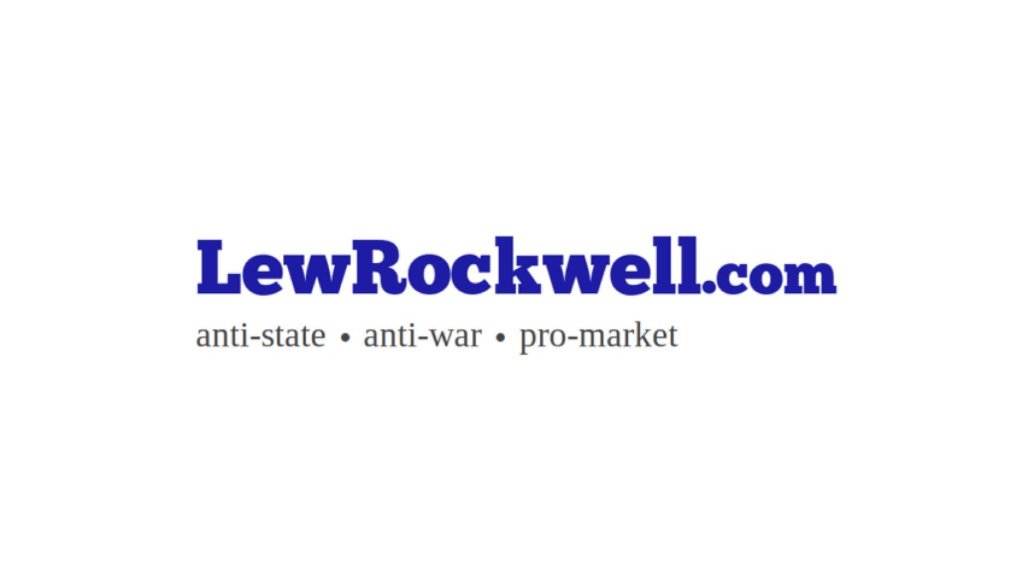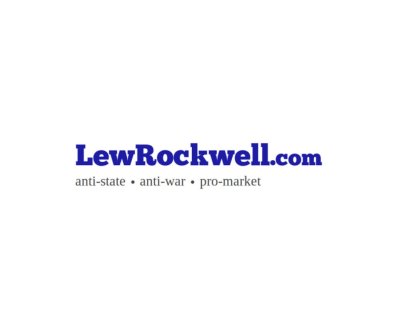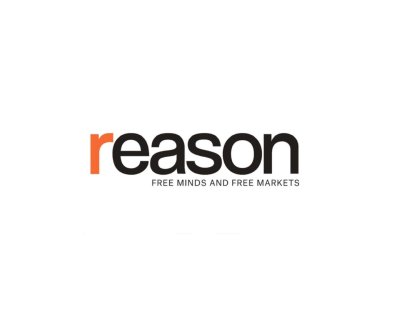The Greatness of Power and Market
In an earlier column, I wrote about the greatness of Man, Economy, and State. I’d like to continue with a discussion of another great book of his, Power and Market. Actually, that book was intended to be part of MES, but owing to the insistence of one of the readers for the Volker Fund, which funded the publication of MES with Van Nostrand, it had to be removed from the book. Instead, only a truncated chapter was added to the manuscript of MES and the book was published in that form.
Power and Market contains many vital insights that Rothbard had to omit from the truncated chapter of MES. Some of his topics were to hot for Frank S. Meyer, an ex-Communist turned ardent supporter of the Cold War, and other readers who lacked Murray’s intransigence. By the way, the edition of MES published by the Mises Institute included Power and Market, so if you read that, you will have MES as Murray wrote it.
Let’s start with the hottest topic of them all. Most supporters of the free market when Murray wrote MES supported a limited state, but Murray wanted to get rid of the state altogether. This was too much for the Cold Warriors. How can defense be provided on the market? But this is exactly what he favored: “A supply of defense services on the free market would mean maintaining the axiom of the free society, namely, that there be no use of physical force except in defense against those using force to invade person or property. This would imply the complete absence of a State apparatus or government; for the State, unlike all other persons and institutions in society, acquires its revenue, not by exchanges freely contracted, but by a system of unilateral coercion called ‘taxation.’ Defense in the free society (including such defense services to person and property as police protection and judicial findings) would therefore have to be supplied by people or firms who (a) gained their revenue voluntarily rather than by coercion and (b) did not—as the State does—arrogate to themselves a compulsory monopoly of police or judicial protection. Only such libertarian provision of defense service would be consonant with a free market and a free society. Thus, defense firms would have to be as freely competitive and as noncoercive against noninvaders as are all other suppliers of goods and services on the free market. Defense services, like all other services, would be marketable and marketable only.”
One common objection to Murray’s position, which you can still find today, is that there can’t be a free market until property rights are defined, and only the state can define them, Murray brushed this aside. There is a correct theory of property rights, and people who accept this theory can readily handle disputes through private agencies. “The laissez-faireists offer several objections to the idea of free-market defense. One objection holds that, since a free market of exchanges presupposes a system of property rights, therefore the State is needed to define
Article from LewRockwell

LewRockwell.com is a libertarian website that publishes articles, essays, and blog posts advocating for minimal government, free markets, and individual liberty. The site was founded by Lew Rockwell, an American libertarian political commentator, activist, and former congressional staffer. The website often features content that is critical of mainstream politics, state intervention, and foreign policy, among other topics. It is a platform frequently used to disseminate Austrian economics, a school of economic thought that is popular among some libertarians.




